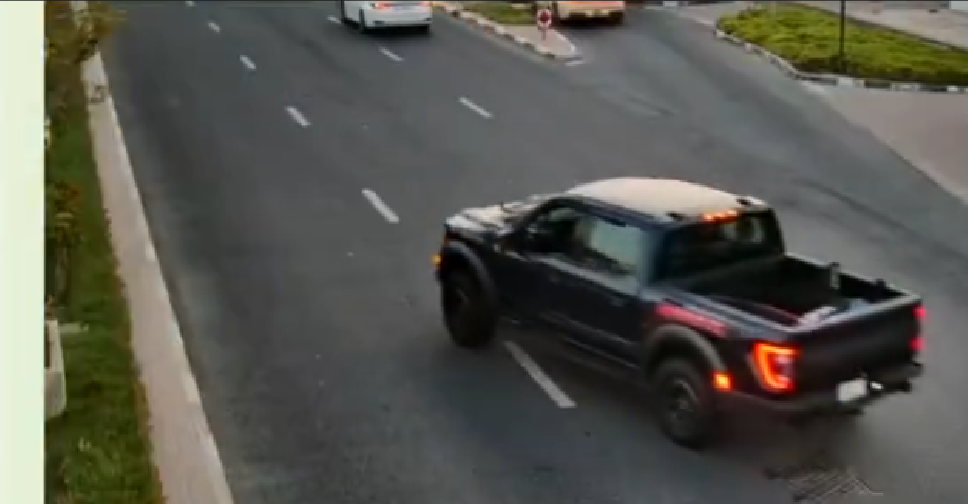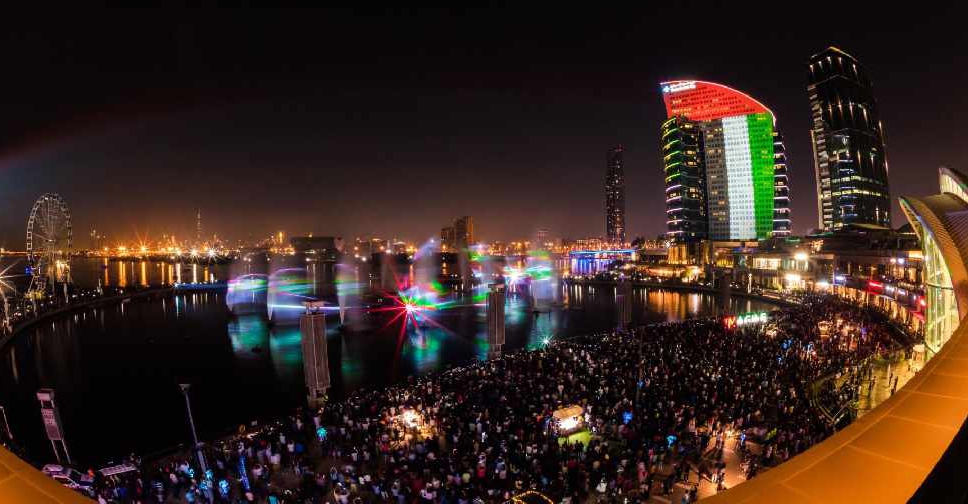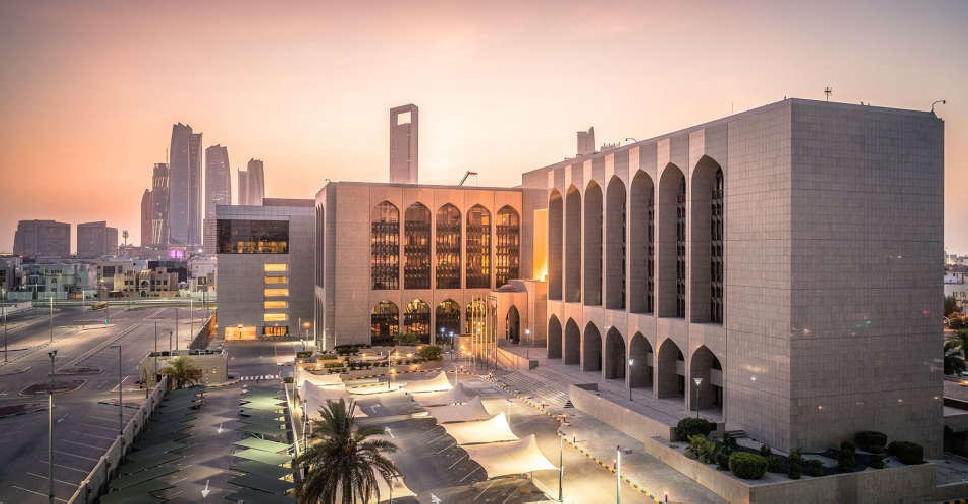
The bodies of eight people trapped in a tunnel submerged by heavy rain in central South Korea were retrieved on Sunday, taking the death toll from days of torrential downpours in the country to 35.
Seo Jeong-il, head of the West Cheongju fire station, said some 15 vehicles, including a bus, were estimated to have been submerged in the underpass in the city shortly after the levee of a nearby river was destroyed by the downpours on Saturday.
CCTV footage aired on local broadcaster MBC showed muddy water rushing into the tunnel as vehicles drove past with their wheels submerged.
"We are focusing on the search operation as there's likely more people there," Seo told reporters. "We are doing our best to wrap it up today."
The death toll in the tunnel stands at nine, including one body retrieved on Saturday, South Korea's Yonhap news agency reported.
The Ministry of Interior and Safety said 10 people were missing across the country as of 11 a.m. (0600 GST) as heavy downpours caused landslides and floods, with evacuation orders covering 7,866 people.
The ministry data does not include those in the flooded tunnel because it was not immediately clear how many people were trapped underwater.
The latest disaster took place despite South Korea's vow to step up preparedness against torrential rains after Seoul was hit last year with floods caused by the heaviest downpours in 115 years, inundating basement flats in low-lying neighbourhoods, including in the largely affluent Gangnam district.
One survivor from the submerged tunnel said the government should have restricted access to the underpass when flooding was expected, Yonhap reported.
A North Chungcheong province official said the levee unexpectedly collapsed before the precipitation reached the level required for restricting access to the tunnel.
President Yoon Suk Yeol, now on an overseas trip, convened a video-linked response meeting and said some regions had failed to take preemptive measures against the extreme weather.
Yoon ordered Prime Minister Han Duck-soo to mobilise all available resources to minimise casualties and urged the weather agency to quickly release forecasts because more heavy rain was expected in the coming days, his office said.
The Korea Meteorological Administration said the central and southern parts of the country could receive as much as 300 millimetres of additional rain by Tuesday.
While South Korea often experiences heavy rains in summer, it has witnessed a sharp increase in torrential rains in recent years.
Korea Railroad Corp has halted all slow trains and some bullet trains since Saturday due to safety concerns over landslides, track flooding, and falling rocks.

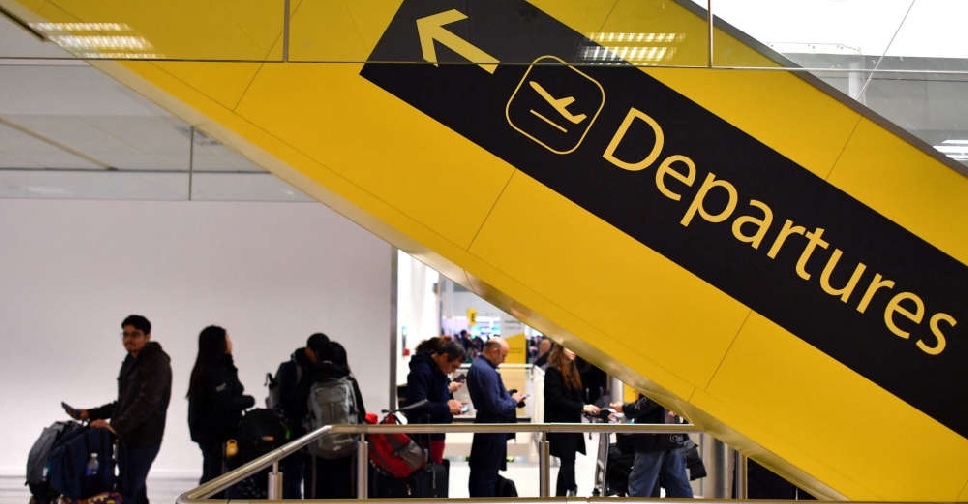 Gatwick Airport reopens terminal following security alert
Gatwick Airport reopens terminal following security alert
 Pro-Palestinian NGOs sue Dutch government over Israel support
Pro-Palestinian NGOs sue Dutch government over Israel support
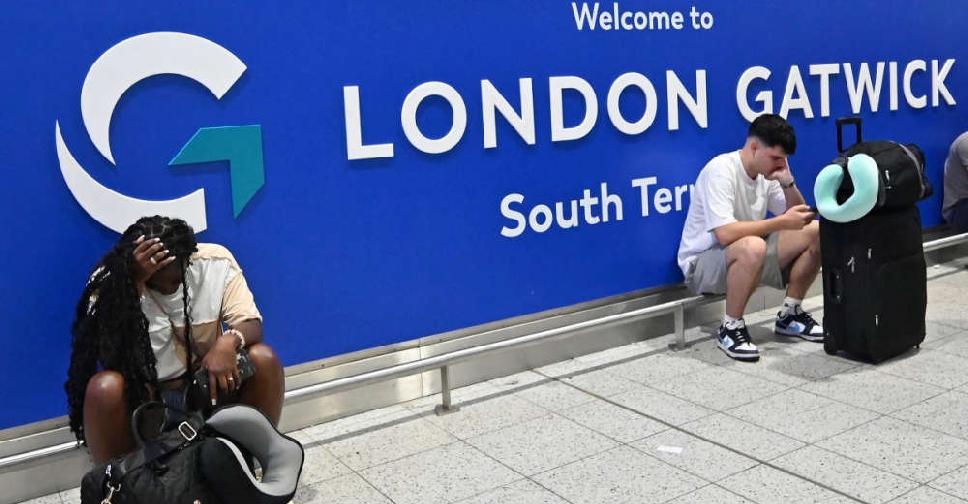 London's Gatwick Airport evacuates terminal due to security incident
London's Gatwick Airport evacuates terminal due to security incident
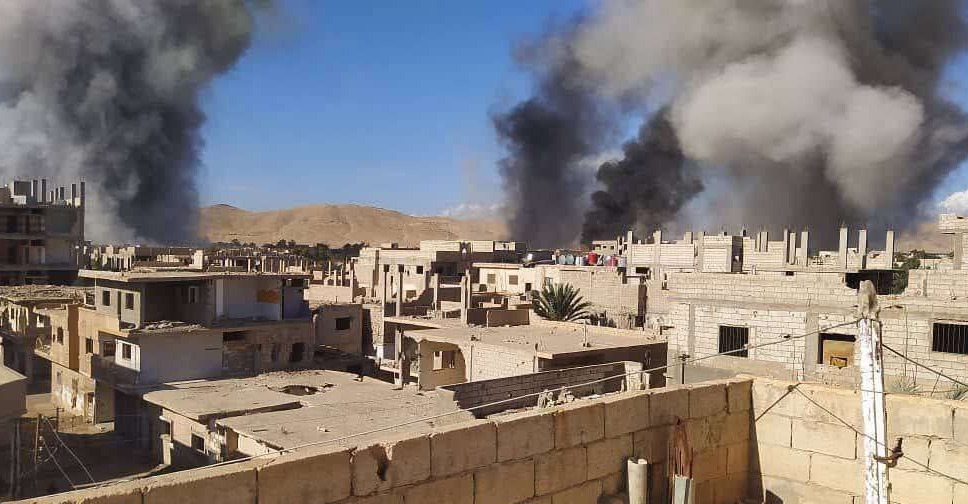 Monitor: Toll from Israeli strikes on Syria's Palmyra rises to 92
Monitor: Toll from Israeli strikes on Syria's Palmyra rises to 92
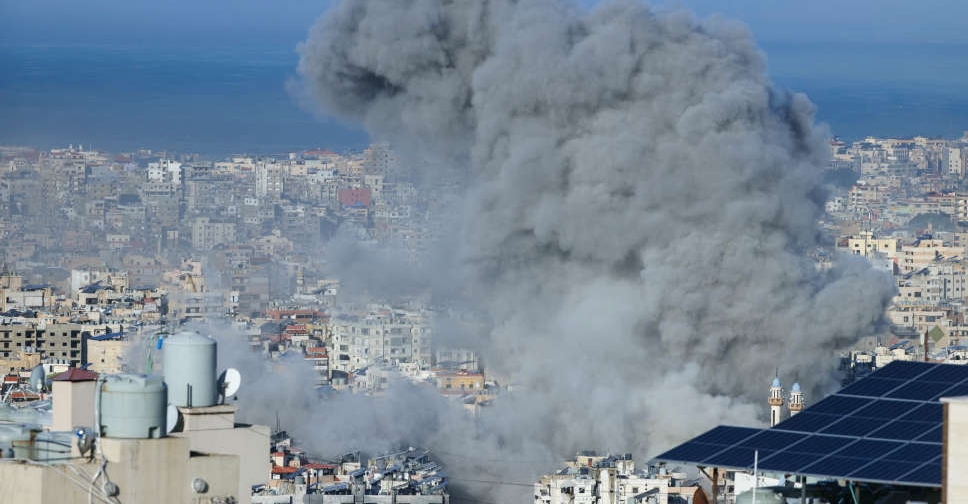 Israeli strikes kill 52 people in Lebanon
Israeli strikes kill 52 people in Lebanon
